

A well-known problem of game development, characterised by professional experts as 'The Sequential Success Conundrum', can be summed up thus: how much do you make your sequel like your previous, successful game? And how much do you change it in the name of progress? Difficult decisions must be made in long, sweaty meetings.
For the developers of this sequel to Battlefield 1942 the answer was something along the lines of: "It has to be exactly the same, only different too, please." To their credit, Digital Illusions have managed to live up to this contradictory ambition fairly well. Battlefield Vietnam is no reinvention of the theme, as Quake II was of Quake; instead it's a little more (dare I say it?) like a glorified expansion pack. Ouch.
Ga-argh! Sorry. I'm so sorry to mar the review so early with this ugly comparison, but I'm afraid it's true. Battlefield Vietnam loses out for just one reason, and that reason is that it never feels like a genuine sequel. The quantum leap isn't quantum; evolution has not created a new phenotype. It's simply not different enough or inventive enough. It doesn't feel like the next generation of vehicular combat, it's simply another well-bred offspring from the current batch. The grumpy comparisons that some people have made with the various mods of the original 1942 are a little unfair, though - Vietnam adds masses of new toys for both players and mod-makers alike. This is very much the work of professionals, with lots of time having been spent on the really boring stuff that actually makes these games happen, like making a decent server-management interface, all-new mod tools, network code for better online play, as well as graphical and audio tweaking. More importantly perhaps is the fact that it remains so enjoyable to play. This is a testament to the genius of the original design. The fact of the matter is that Battlefield is bloody brilliant.
This brilliance has made Battlefield 1942 one of our favourite games of 2002. Vietnam follows this now-familiar model to the letter. The main achievement of both Battlefield games is that they enable beginners and expert players alike to jump into complex combat situations and have loads of fun from the very first moment they pull a trigger. Vehicles, be they aircraft or heavy armour, are extremely easy to use and infantry-level combat is equally easy to understand, with nods towards realism that don't impinge on the all-important fun-factor. On the larger scale of things the strategy is always easy to comprehend. Succeed in this action and you can reinforce your men from the point when you die and then live again. Vehicles pop up across the map and you can jump in and play. For many gamers, this is multi-player heaven.
Keeping the same feel and the same degree of ease and intuition in play is utterly essential for Vietnam's success, but then so too is wowing us, making us pleased to have spent our money. How can Vietnam possibly hope to perform such a delicate balancing act?
Well to start with there's the new kit. We're talking M60s, claymores, caltrops, mortars, .44 revolvers and miscellaneous Chinese landmines. There's dynamite, heat-seeking missiles, rocket-propelled grenades and big old machetes to keep you amused. There are sniper rifles, double-barrelled flare launchers, sub-machineguns, M16 carbines, disposable anti-tank rockets, shotguns, Ak-47s and grenade-launchers painted with tiger stripes. You can be The Roach from Apocalypse Now: "He's close, man. He's real close... Mother."
Yes, Apocalypse Now outshines all the other Vietnam films, doesn't it? The madness, the violence, the music. In fact, there's one map in Battlefield Vietnam that could have been called the Apocalypse Now map. But... we'll come to that later on.
There are some tactical changes that really make a difference to the way the game plays out. The kit-selections mean you can be a heavy-support chap, a sniper/scout, an engineer or a standard rifle-carrying assault trooper. The medic is now significantly absent. Interestingly, there are also some dynamic spawn points that can be placed across the map, with deployable foxholes for the Vietcong and helicopter-dropped supply crates for the US troopers. These will certainly add new tactics to play and one of the scenarios Battlefield Vietnam offers is based around the Vietcong using their foxholes in the jungle to bag the US-dominated jungle capture-points. This is just one tool that Battlefield Vietnam uses to balance the technological might of the US against the Vietnamese guerrilla forces.
Of course the best way to balance these forces is via the implementation of loads of new vehicles. There's a slight lack of realism in their distribution across the two sides, with the Vietnamese having access to lashings of Chinese and Soviet hardware for their war. This means that it's not just the US players who get to play with helicopters.
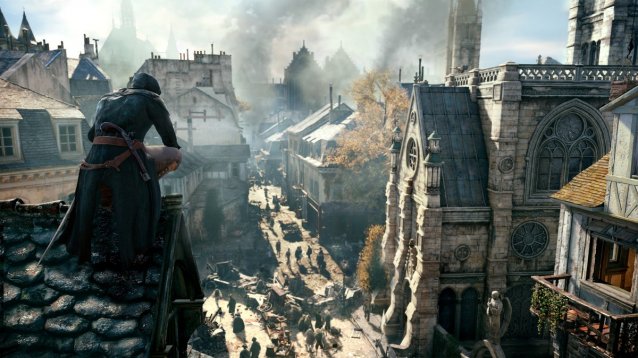
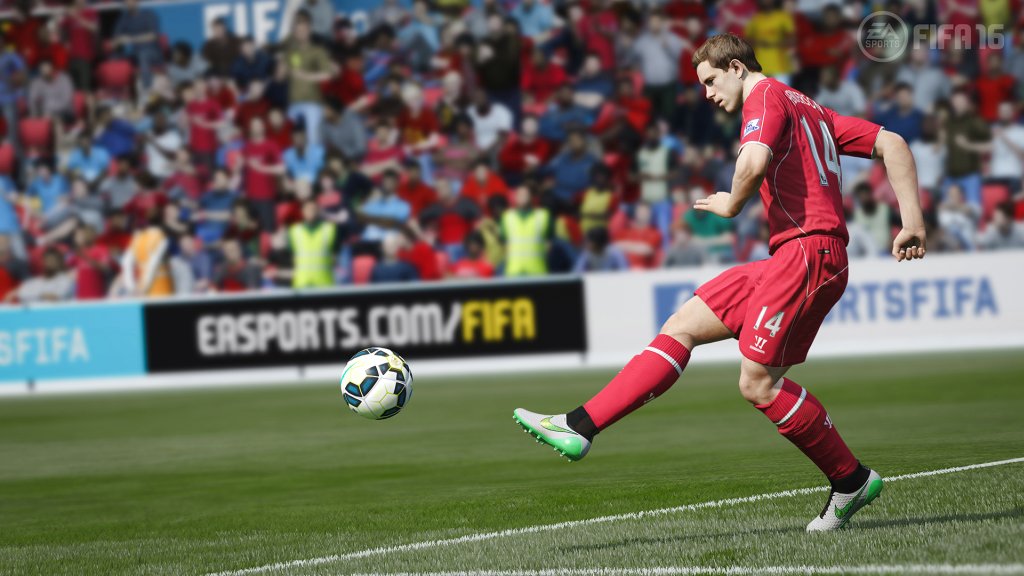
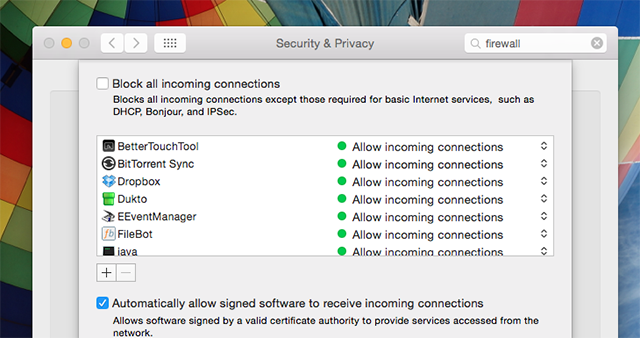

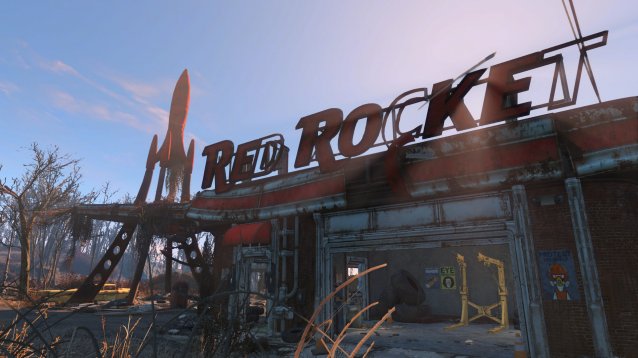 The Top 10 Fallout 4 Mods
The Top 10 Fallout 4 Mods AC Syndicate: How to Get All Weapons (Kukris, Cane-Swords, Knuckles, Gauntlets, Firearms)
AC Syndicate: How to Get All Weapons (Kukris, Cane-Swords, Knuckles, Gauntlets, Firearms)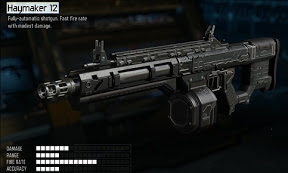 Call of Duty Black Ops 3: List of All Weapons - guide
Call of Duty Black Ops 3: List of All Weapons - guide Don't Make These Mistakes When You Ship Your Christmas Gifts
Don't Make These Mistakes When You Ship Your Christmas Gifts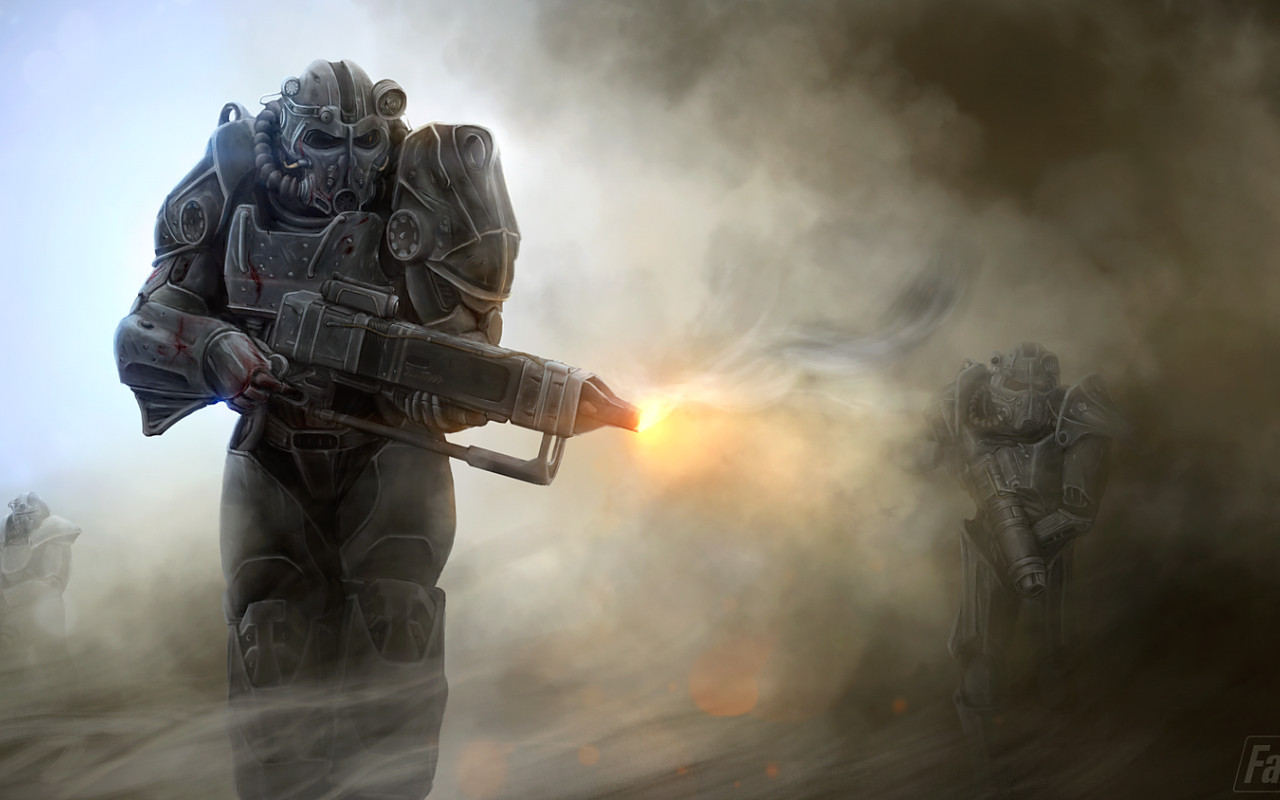 Fallout 4 Mission Guide: Call to Arms
Fallout 4 Mission Guide: Call to Arms